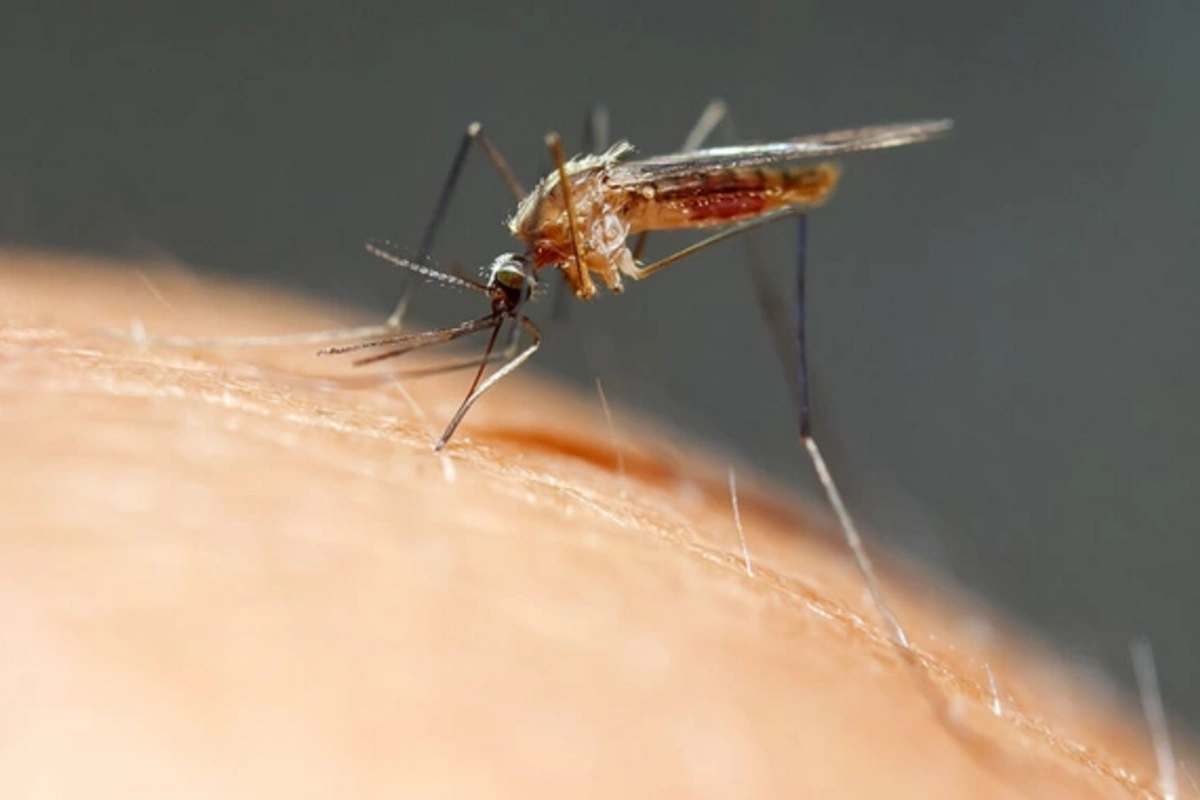08 Aug , 16:50 2025
10

China Releases Army of Cannibal Mosquitoes and Fish to Combat Chikungunya Epidemic
Chinese authorities have resorted to unconventional biological methods to contain an unprecedented outbreak of the chikungunya virus. The southern province of Guangdong has faced a record 7,000 cases of the disease since July 2025, fueled by international travel, abnormal heat, and heavy rains.
A true biological operation has been deployed in the city of Foshan: predatory elephant mosquitoes (Toxorhynchites) have been released onto the streets, whose larvae ruthlessly destroy the offspring of Aedes mosquitoes – the main carriers of the virus. An important advantage of these insect allies is that they do not feed on blood and pose no threat to humans. Simultaneously, water bodies have been stocked with an army of 5,000 fish that actively exterminate mosquito larvae.
The biological weapons are supplemented by strict administrative measures reminiscent of the "zero COVID" strategy: large-scale destruction of potential insect breeding sites, inspections of residential buildings, and impressive fines of up to $1,300 for stagnant water found on private property. Even drones have been enlisted to identify dangerous areas from the air. Infected citizens are placed under mosquito nets in medical facilities, and streets are regularly treated with insecticides.
According to official data, the epidemic has reached its peak – 3,000 new infections were registered in the past week alone, however, 95% of patients fully recover within a week.